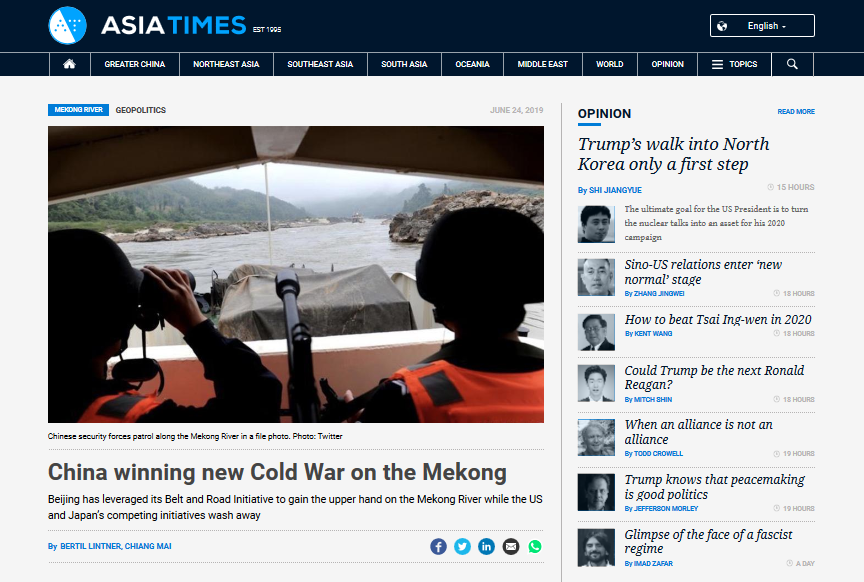UPCOMING INTERNATIONAL CONFERENCE: "Political Ecology in Asia: Plural Knowledge and Contested Development in a More-Than-Human World" [Bangkok, 10-11 October 2019]
/Political Ecology in Asia: Plural Knowledge and Contested Development in a More-Than-Human World
Thursday-Friday, 10-11 October 2019, Faculty of Political Science, Chulalongkorn University, Bangkok, Thailand
Co-organized by Center for Social Development Studies (CSDS); Chula Global Network (CGN); Research Institute on Contemporary Southeast Asia (IRASEC); French Research Institute for Sustainable Development (IRD); French Institute of Pondicherry (IFP); IRN-SustainAsia; POLLEN Political Ecology Network
Keynote Speakers:
“Reflection on Vijñana of Religion: New Animism in the Age of the Anthropocene” - Thanes Wongyannava, Retired Professor, Faculty of Political Science, Thammasat University
“The Political Ecology of Climate Change, Uncertainty and Transformation in Marginal Environments” - Lyla Mehta, Institute for Development Studies, University of Sussex.
Panel topics include:
Resource politics and the public sphere;
Particulate matters: the emergence of a political ecology of haze in Asia;
Hydrosocial rivers and their politics;
Ontologies of infrastructure;
Post-development and systemic alternatives from Asia;
People and the biodiversity crisis: reshaping governance and justice in conservation;
Industrialization and ecological justice;
Asia’s urban political ecologies;
Feminist political ecology in Asia;
Interspecies cohabitations in Asia: non-human animals and political ecology;
Representations of nature and political engagements;
Political ecologies of land in Southeast Asia: Beyond the technical-regulatory gaze.
To register for this forum, please e-mail us your name, organisation, and position to Anisa Widyasari (CSDS) at PoliticalEcologyinAsia@gmail.com. Registering participants are requested to pay 400 THB per day for lunch and coffee breaks. Students may join for free.











![UPCOMING CONFERENCE: Graduate Studies in the Disruptive Society: Innovation in Human Rights, Development Studies and Resource Politics [12-13 July 2018]](https://images.squarespace-cdn.com/content/v1/575fb39762cd94c2d69dc556/1526531091499-3DJYTUMMQ51PPZ31EUQG/International+Conference-revised.jpg)